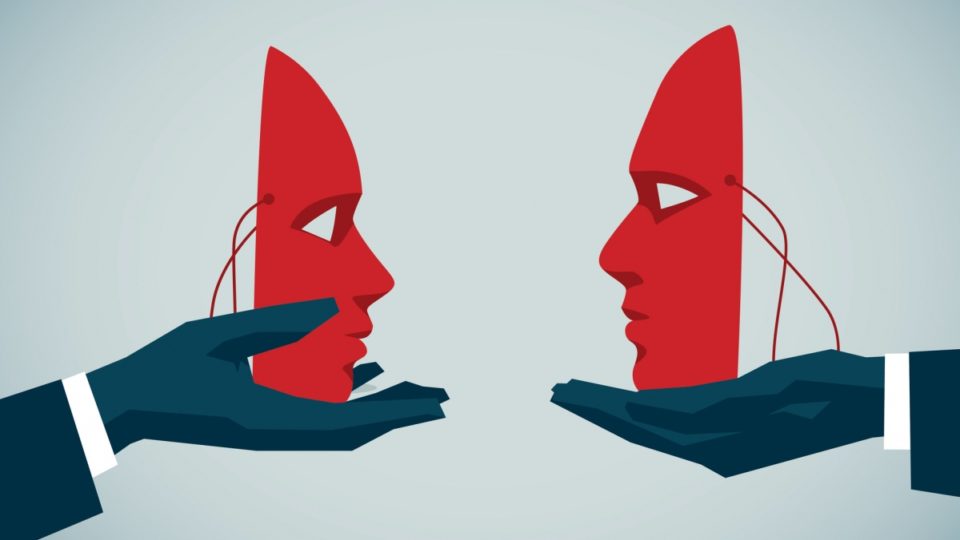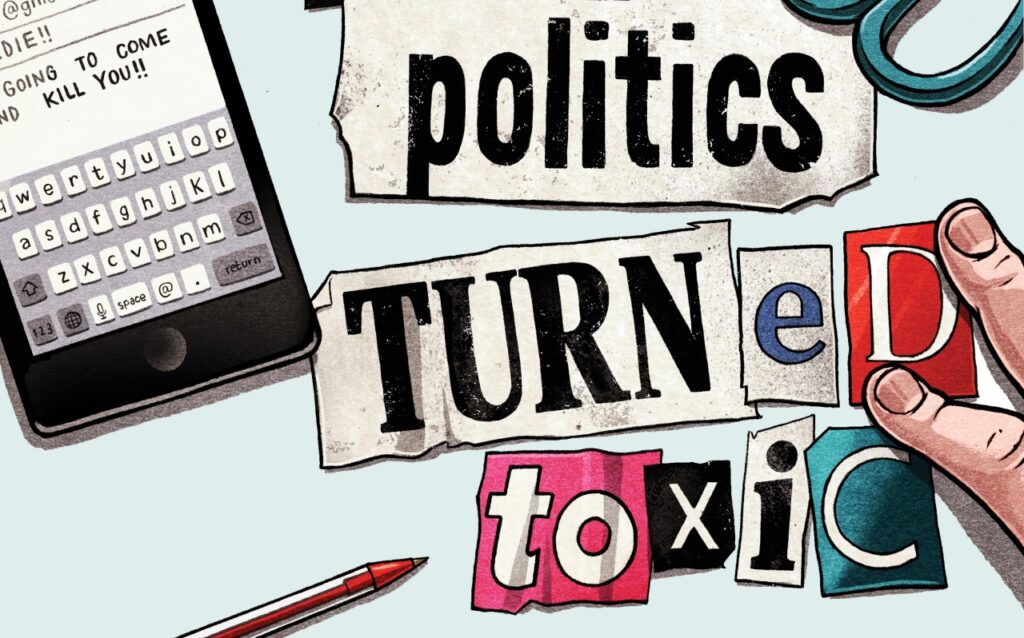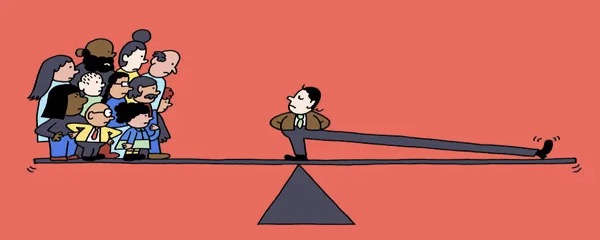Beyond Left and Right: “To base the political division of the world’s future on ideological standpoints of left or right is senseless.”
The basis of human progress is not in return to the past, nor is it in the present; it is to anticipate the future; to go forward with the awareness of what could and should have been done and has not been done. The objective is to conceive new ideas, methods, values, and attitudes in an ethical and aesthetical context. One of our purposes in life is to provide a better planet for future generations; it is a moral responsibility, it is an ethical obligation. Without integrity and compassion is impossible to achieve such a goal. And by integrity, we mean that we are making sure that the things we say and the things we do are in alignment. Unfortunately, the current practice of politics does not follow this basic ethical behavior.
The utopias have nearly always been taken over by ideological extremists. In the past century and in present times, they brought in the leftist utopia or the repulsive false utopia of the extreme right —fascism organism— as the only proprietors of the desirable goals for human destiny. On one hand, a betrayal of the collectivist ideal, and on the other the egocentrism and racism of the minority in control.

The utopian idea of democracy in the terms of the French Revolution was downgraded, and nowadays liberty, equality and fraternity are paradigms relegated to the economic sphere. But would it not be possible to build a utopia within the framework of democracy? Isn’t democracy, after all, a utopia? We should begin by analyzing the components of democracy in relation to human development.
Freedom produces the paths for development, and development produces freedom in an inevitable interaction. But the development we are referring to has a human face; it is global, holistic, and integral. In economic terms, freedom and development do not necessarily interact in the same way; in other words, economic development does not imply freedom. Some dictatorships have had notable economic growth; Spain in the sixties, and Chile during Pinochet, suffered a violation of many of their citizen’s freedom, but their economies flourished. On the contrary, some democratic countries have seen their economy decline. So economic policy must not be confused with freedom, nor democracy with economic development. We need to deal with development in a more comprehensive term. Human development goes hand in hand with democracy and with a utopian dimension. There can be no development centered in mankind unless society assumes the genuine options of freedom, equality and fraternity. And this implies the eradication from the democratic political practice of five crucial aspects: corruption of any kind, the concentration of power, nationalism and ethnocentrism, lack of education, and the separation of the people from decision-making by the democratic government.

In an even wider sense, the suppression of frontiers, diffusion of power among the whole people, inter-ethnic development and respect for minorities are essential to international and intra-national progress. Democracies in which authoritarian practices are concealed, or any kind of discrimination permitted, are guilty of malevolent use of power. The learning process often implies a relinquishing of old habits and undesirable behaviors. Politicians must abandon double talk and half-truths that distort the truth. This habit, ingrained in political practice, especially when it is used to win popular support, is dishonest, and it undermines the democratic system which should be soundly based on honest and transparent behavior and values.

So to base the political division of the world’s future on ideological standpoints of left or right is senseless. From the right, from the left, from conservatism or radicalism and even from the ambiguity of the center, bad policies can be practiced, in which the extremes of the systems meet and melt down. The ideological position that focuses on the complexity of human development cannot possibly be simplified into such vague and empty expressions as these extremes we have mentioned.
They must be stated in terms of those who are in favor of human rights and those who violate them; of those who work for the common good and those who extend their freedom at the expense of the freedom of others; of those who distribute equality and those who accumulate privileges; of those who defend diversity and those who try to impose a uniform culture; of those who respect other opinions and those who practice intolerance; of those who accept the will of the people and try to administer the power they have been granted and those who misuse it or turn it to their own benefit; of those who have an ethical sense of life and those who feel no obligation to mankind.
©2022 Miguel Angel Escotet & The Escotet Foundation. All rights reserved. Permission to reprint with appropriate citing.
The featured picture is an illustration by Jordan Awan from The New York Times.



